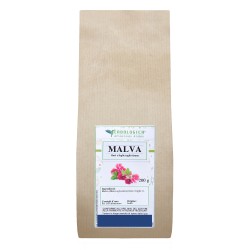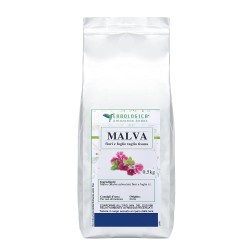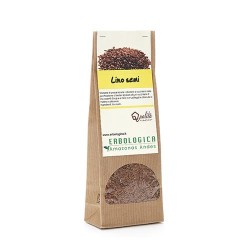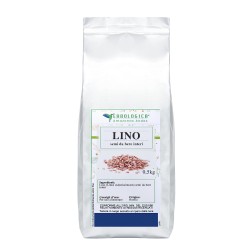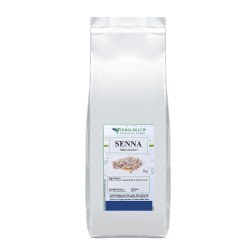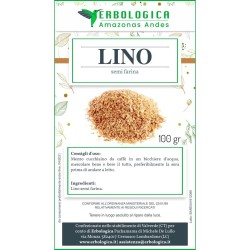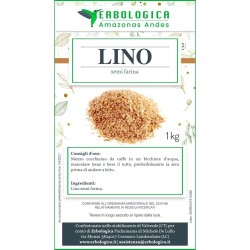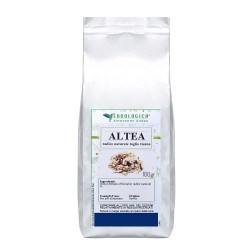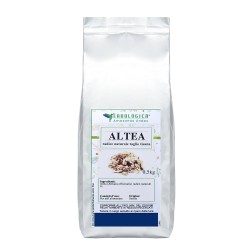
Senna erba lassativa potente: benefici, uso e precauzioni
Un aiuto naturale per ritrovare equilibrio e leggerezza
Quando l’intestino rallenta, anche il resto del corpo sembra seguirlo.
Ci si sente appesantiti, meno energici e talvolta irritabili.
È proprio in questi momenti che la senna, una delle piante più conosciute per la sua efficacia, può diventare un supporto prezioso.
Da secoli viene utilizzata per favorire la regolarità in modo naturale, rapido e mirato, e ancora oggi rimane uno dei rimedi erboristici più ricercati.
Il suo segreto è semplice e allo stesso tempo potente: le foglie e i follicoli contengono i sennosidi, sostanze che stimolano delicatamente la motilità intestinale e aiutano a riequilibrare il transito.
Basta poco per notare il cambiamento e ritrovare una sensazione di leggerezza che fa davvero la differenza nella vita quotidiana.
Come agisce la senna e perché viene usata da così tanto tempo
La senna lavora direttamente nel colon, senza interferire con la digestione.
I suoi principi attivi aumentano la presenza di acqua nelle feci e stimolano i movimenti intestinali, permettendo un’evacuazione più semplice e naturale.
Non si tratta di una spinta aggressiva, ma di un aiuto mirato che ristabilisce quel ritmo fisiologico che a volte per stress, dieta o abitudini quotidiane può alterarsi.
Molti scelgono la senna perché offre risultati prevedibili, generalmente nell’arco di una notte.
La sera diventa quindi il momento perfetto per assumere la tisana o la polvere, così da favorire un naturale benessere al mattino.
Come integrarla nella routine quotidiana
La senna può essere assunta sotto forma di tisana, foglie sfuse o polvere.
Ognuna di queste varianti permette di adattare il rimedio alle proprie abitudini.
Le foglie sono ideali per chi ama un momento di pausa rilassante, mentre la polvere offre praticità e un dosaggio preciso.
Molte persone scelgono di abbinarla a erbe che rendono il transito più armonioso.
La malva, ad esempio, è ricca di mucillagini che ammorbidiscono il contenuto intestinale.
L’altea ha un’azione lenitiva sulle mucose, utile quando l’intestino appare più sensibile.
I semi di lino sono un alleato naturale che aumenta dolcemente il volume delle feci e favorisce una motilità più regolare.
Questo tipo di abbinamento permette di ottenere un effetto completo e più equilibrato, ideale soprattutto per chi ha bisogno di un sostegno senza forzare troppo.
Quando serve cautela
La senna è una pianta efficace, ma va utilizzata con responsabilità.
Un uso eccessivo può provocare crampi o disturbi momentanei.
Non è indicata in gravidanza o durante l’allattamento e va evitata in caso di infiammazioni intestinali o squilibri elettrolitici.
Se già si assumono lassativi o diuretici è sempre consigliabile chiedere un parere professionale per evitare combinazioni non adeguate.
Usata correttamente, rimane comunque uno dei rimedi naturali più sicuri e affidabili per favorire la regolarità.
Dove trovare la senna di qualità
Su Erbologica sono disponibili diverse varianti della pianta, selezionate con l’attenzione che merita un rimedio erboristico usato da generazioni.
Puoi scegliere la forma che meglio si adatta al tuo stile di vita e creare la tua routine naturale per ritrovare equilibrio.
Senna foglie tisana
Senna follicoli interi
Senna in polvere
Se vuoi approfondire come preparare infusi e rimedi tradizionali a base di questa pianta puoi leggere l’articolo interno La tisana di senna che combatte la stitichezza le sue proprietà e benefici
Domande frequenti
La senna va bene per chi soffre di stitichezza occasionale ?
Sì, è ideale proprio in questi casi grazie alla sua capacità di stimolare la motilità intestinale.
Quando inizia a fare effetto?
Generalmente tra 8 e 12 ore dall’assunzione.
Si può prendere tutti i giorni ?
È meglio utilizzarla solo quando necessario o per brevi periodi, salvo indicazione professionale.
Quali erbe posso unire alla senna per un effetto più delicato ?
Malva, altea e semi di lino sono tra le più utili per un’azione complementare naturale.
È adatta anche per chi ha l’intestino sensibile?
In questo caso è meglio preferire dosaggi bassi o abbinamenti con erbe lenitive, valutando sempre la propria sensibilità.
Contenuto esclusivo per erbologica.it – aggiornato a novembre 2025


